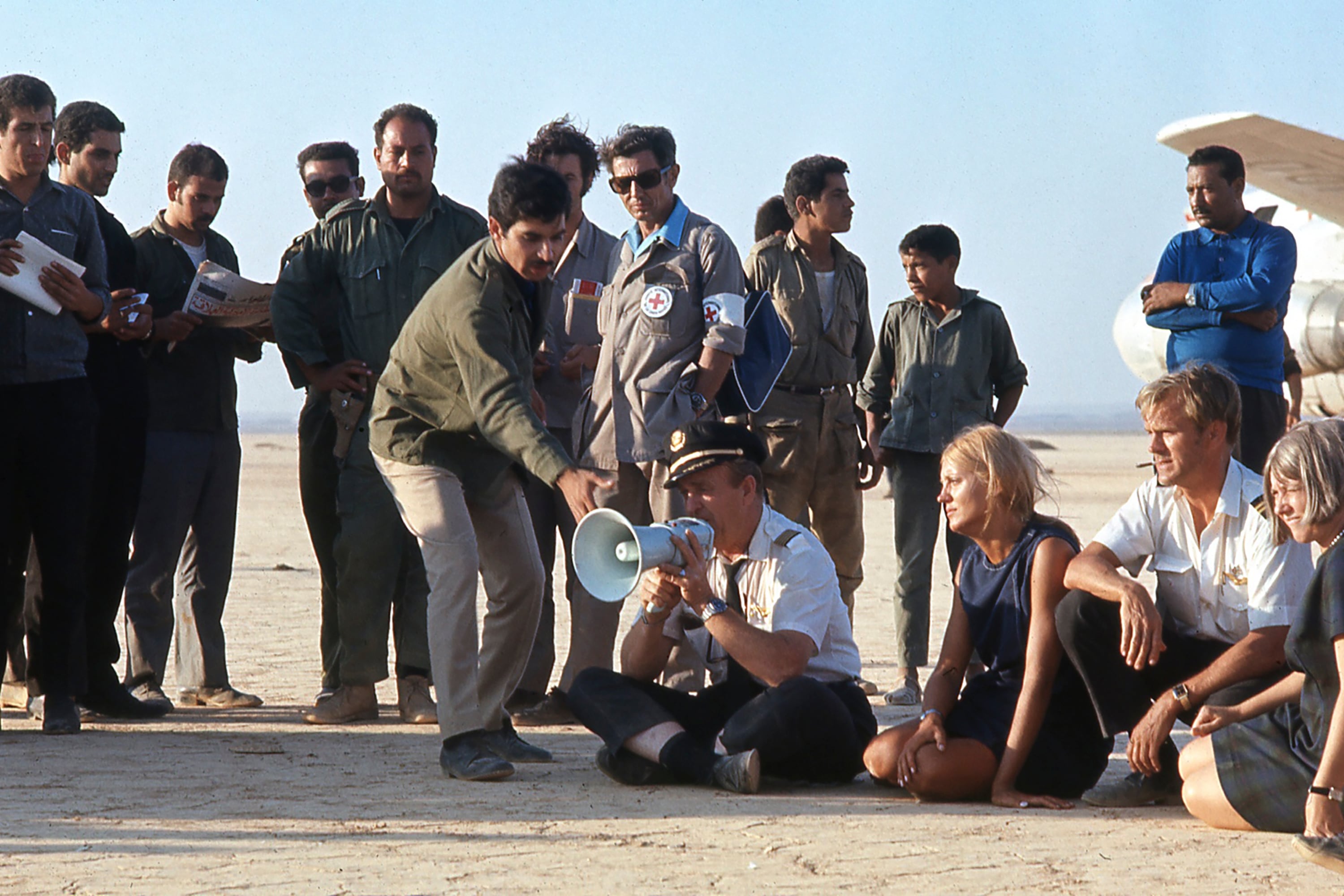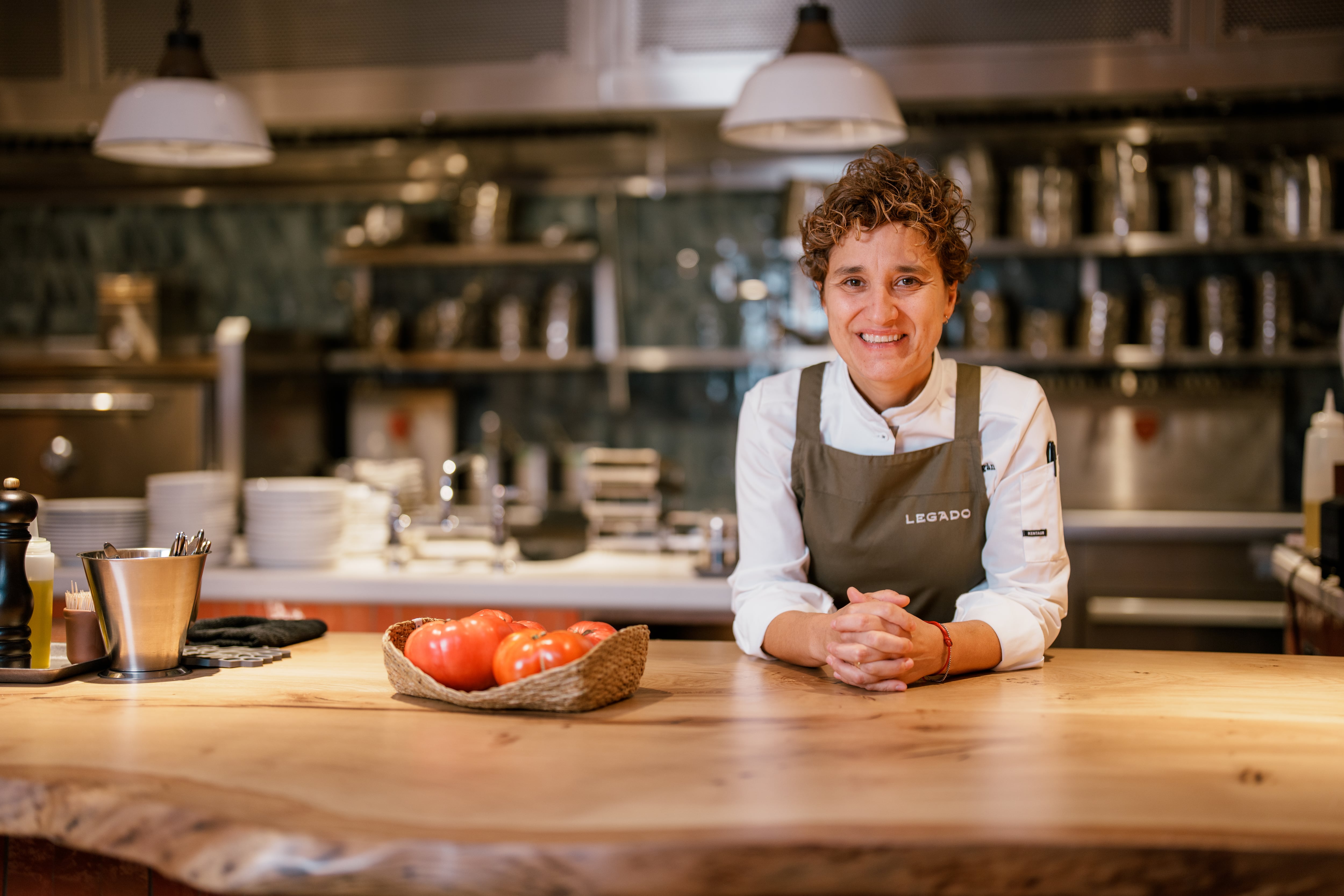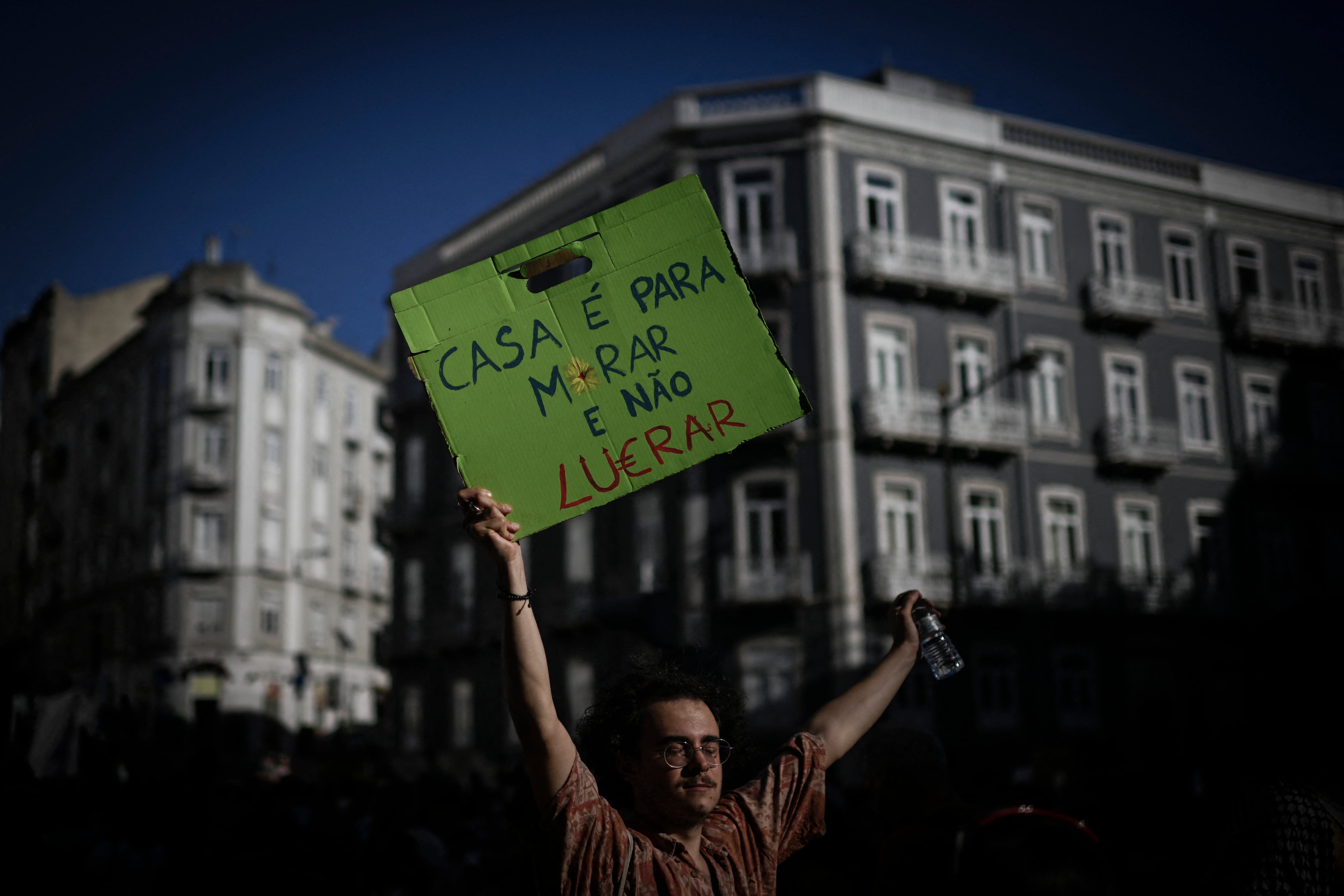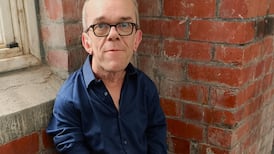Talking about migration
Sir, - The recent arson attack on IPAS centres should be a watershed moment for all of us.
How can we as a country, as a nation, who have generation upon generation of emigrants who have travelled to countries far and wide around the globe, allow flag carrying extremists dominate public discourse and threaten the very fabric of society, its laws and norms.
Those who perpetrate these crimes on those seeking international protection or asylum, are not doing it in the name of the Irish people, or the tricolour they sully, but on misinformation on social media, and a false belief that all IPs or asylum seekers are all here with criminal intent.
Yes, there may be a fraction of those who’ve come here, or who have been naturalised, involved in criminal activity, but we also have many of our own born and bred criminal offenders.
READ MORE
While deportations are the order of the day for those who are involved in criminal activity or who have arrived under false pretence, we must be mindful of those who come here to work and provide essential services in our health and other services.
Let’s not give in to the right-wing rhetoric of the few, let’s show that we as a people can be generous and kind to those who need our help and shut out the noise from those who inflame.
We are better than this. We are a nation of people who constantly fight, and are voluble, for the downtrodden and the marginalised both at home and abroad.
Why should we forsake those principles and allow the naysayers a podium to spout their hatred against those who need our protection. - Yours, etc,
CHRISTY GALLIGAN,
Letterkenny,
Co Donegal.
Sir, - I am certain the conversation over the dinner table for many Irish families has been the same as mine in recent times, and that has been that common sense feels increasingly absent from Irish political decision-making.
Too often, saying what is logical but unpopular is treated as dangerous, or even extremist. We need to recover our ability to have respectful, grown-up conversations about the challenges we face – from the pressures on our welfare system to the realities of shortcomings in housing, infrastructure and migration.
Ireland has achieved extraordinary success in recent decades, and as much as some would like you to believe, we are a great little country doing great things.
However, we would also be amiss to equate our record wealth with the wellbeing of our citizens. For too many, especially the young and squeezed middle, it no longer feels like hard work pays off. You can study, save, and contribute, yet still struggle to afford a home or keep a business afloat. Meanwhile, inefficiency and bureaucracy are tolerated as if they were signs of progress, when in truth they are suffocating it.
We need a national rethink – a return to prioritising effort, enterprise and delivery. That means a move away from our welfare state model that has too often rewarded a work-shy mentality, supporting entrepreneurs and small businesses who create jobs, and standing up for our squeezed middle class who quietly carry much of the burden.
It also means pushing back against nimbyism and empowering local authorities to move ahead with vital infrastructure and housing. In planning cases, it is essential that outcomes always lean toward investment and delivery unless any corresponding negative impact is genuinely severe, as an example.
We must also be honest about another taboo topic: immigration and asylum seekers. Migration is good for Ireland – we need people, skills and diversity – but it is not unreasonable to say that the current system is under pressure. Placing large IPAS centres in communities without consultation or integration planning is unfair to both residents and newcomers. Saying so is not racist, before someone on the left jumps to accuse me of such.
In actual fact, facilitating a respectful, grown up conversation on the topic, rather than burying our heads in the sand, is the least we owe those seeking refuge. It creates a respectful forum to have honest dialogue, and in turn, takes the wind out of the sails of the far-right thugs we’ve seen on our screens setting alight to our Luas system and firing missiles at our Garda Siochána outside Citywest Hotel.
If Ireland is to succeed in becoming a real beacon of hope, opportunity and common sense, we must trust citizens to discuss complex issues respectfully, without fear or labels.
The extremes of the right and left will always offer easy solutions. Their carved out space in opposition suits them for that reason.
A progressive centre must offer an alternative if we are to combat this - one of courage, fairness, respect, and delivery.
That might often require us to shoot from the hip on difficult issues. It has never stopped us Irish before. I don’t understand why it should do so now. - Yours, etc,
CONOR BURKE,
Thurles,
Co Tipperary.
Dysfunctional planning
Sir, - John Deaton (Letters, November 7th) rightly highlights the growing dysfunction in Ireland’s planning system. The repeated accusations and counter-accusations that stymie major strategic projects are not a natural manifestation of democracy, but a predictable outcome of a fundamentally flawed and adversarial system.
The real weakness lies in the consultation process, which is too often a procedural formality rather than a genuine dialogue. While the call for environmental mediation is welcome, its true potential is being undermined by a process that invites stakeholders in only after key decisions have been made.
From my own experience, and that of many community groups, the public is brought in at a late, tokenistic stage.
By the time developer plans are “shown” to stakeholders, the core design decisions are already fixed. The opportunity to amend or explore alternatives has passed, leaving objectors with no option but conflict and legal challenge.
This approach turns public involvement into a staged performance, where the language of consultation is used merely to legitimise the developer’s agenda. Crucial questions of power and public good are deliberately sidelined, leaving only a technocratic consensus behind
A radical shift is needed. Consultation must begin at the pre-application stage, before detailed design, through structured environmental mediation involving policymakers, communities, and developers. Early negotiation and joint scoping can prevent disputes and judicial reviews later.
If we move from “showing” to “co-creating”, we can achieve both strategic development and democratic legitimacy in Ireland’s planning system. - Yours, etc,
MICHAEL O’MEARA,
Fenor,
Co Waterford.
Seats on Rosslare-Dublin line
Sir, I have a lot of sympathy for passengers from Wicklow who cannot get seats on the Rosslare-Dublin service (“Delay in delivering new Dart trains prolongs misery for Wicklow travellers”, Home News, November 6th).
One of the key issues that exaggerates the overcrowding is the lack of services south of Gorey. For example, Wicklow stations and Gorey have 12 services a day, Wexford town and Enniscorthy have 10, and Rosslare Strand/ Europort have even less at eight.
This means that by the time the train gets to Arklow, it’s full of us poor Rosslare-Wexford-Enniscorthy unfortunates who also use the service in large numbers but have no politicians who seem interested enough to advocate for us. The solution is surely more investment in the (entirety) of the line? A rising tide lifts all ... trains. – Yours, etc,
CIARA MURPHY,
Ardcavan,
Co Wexford.
Future of Primary Education
Sir, - I welcome the launch of the national survey on primary education in Ireland (“Parents asked for input into provision of primary schools”, Home News, November 5th) and wish to highlight the importance of multi-denominational education for families nationwide.
As parents, we need a clear understanding of what multi-denominational education truly offers - and what it does not. It is not about diminishing any faith or tradition, but about creating inclusive learning environments where children of all backgrounds are respected and valued equally. These schools foster empathy, curiosity, and understanding, helping children appreciate diversity as a strength rather than a source of division.
At a time when Ireland is increasingly affected by racism and anti-immigrant sentiment, this understanding is more vital than ever. Multi-denominational education can play a key role in addressing these challenges by teaching our children to respect difference, challenge prejudice, and see the humanity in everyone. By learning together, children grow up without fear of what is unfamiliar, developing the open-mindedness that our society urgently needs.
Rather than focusing on narrow debates about specific practices, we should recognise the broader opportunities these schools provide. By embracing and celebrating different traditions and beliefs, multi-denominational education prepares our children to thrive in an increasingly diverse and interconnected world.
Families deserve genuine choice in education. Expanding access to multi-denominational schools will ensure every child can learn in a setting that reflects and respects their identity.
I urge parents and communities to support this initiative and advocate for greater multi-denominational options in our education system. Together, we can nurture a generation grounded in respect, inclusion, and unity. Yours, etc,
CAROLINE DALY,
Rathfarnham,
Dublin 14.
Sir, - The Government’s current survey on primary education raises a troubling question: since when are constitutional rights subject to opinion polling?
Equality of access, freedom of conscience and inclusion in our schools are not matters of personal preference. They are obligations already set out in the Constitution. Every child has the right not to attend religious instruction (Article 44.2.4). This right is clear, longstanding, and routinely ignored in practice.
There is a straightforward and proven solution: offer religious instruction outside core school hours, on an opt-in basis. This allows families who value religious formation to access it, while ensuring no child is excluded or separated during the school day. It works. It is simple. It is constitutional.
The State must now act to uphold the rights it is already legally bound to protect. These rights do not depend on the outcome of any survey. Every child in Ireland deserves an education that respects equality, inclusion and freedom of belief in practice, not merely in principle. - Yours, etc,
SUSAN FARRELL,
Mount Merrion,
Co Dublin.
Nephin Road red light
Sir, - The practice of breaking red lights is clearly endemic amongst drivers of all sizes of vehicles. One location where this new norm is exemplified is on the Navan Road, Nephin Road junction.
One would think this junction might illicit a greater adherence to the rules of the road given Cabra Garda Station sits on one corner. The chance of being caught in such a location doesn’t seem to deter many road users, whose impatience flies in the face of protecting other road users and pedestrians at this busy intersection.
This morning, the sense of dismay reached new heights when two road users brazenly sped through a red light in early morning traffic, saving themselves mere seconds on their commute.
The reason for the new heights of dismay? A Garda patrol car sat at the top of the junction on Nephin Road and just watched them break the law seemingly without a care or apparent ability to do anything.
If the culture of taking such dangerous chances is met with no desire to enforce the rule of law, what chance do we have of arresting the worrying trend in road safety and road deaths. - Yours, etc,
RICHARD RYAN,
Dublin 7.










